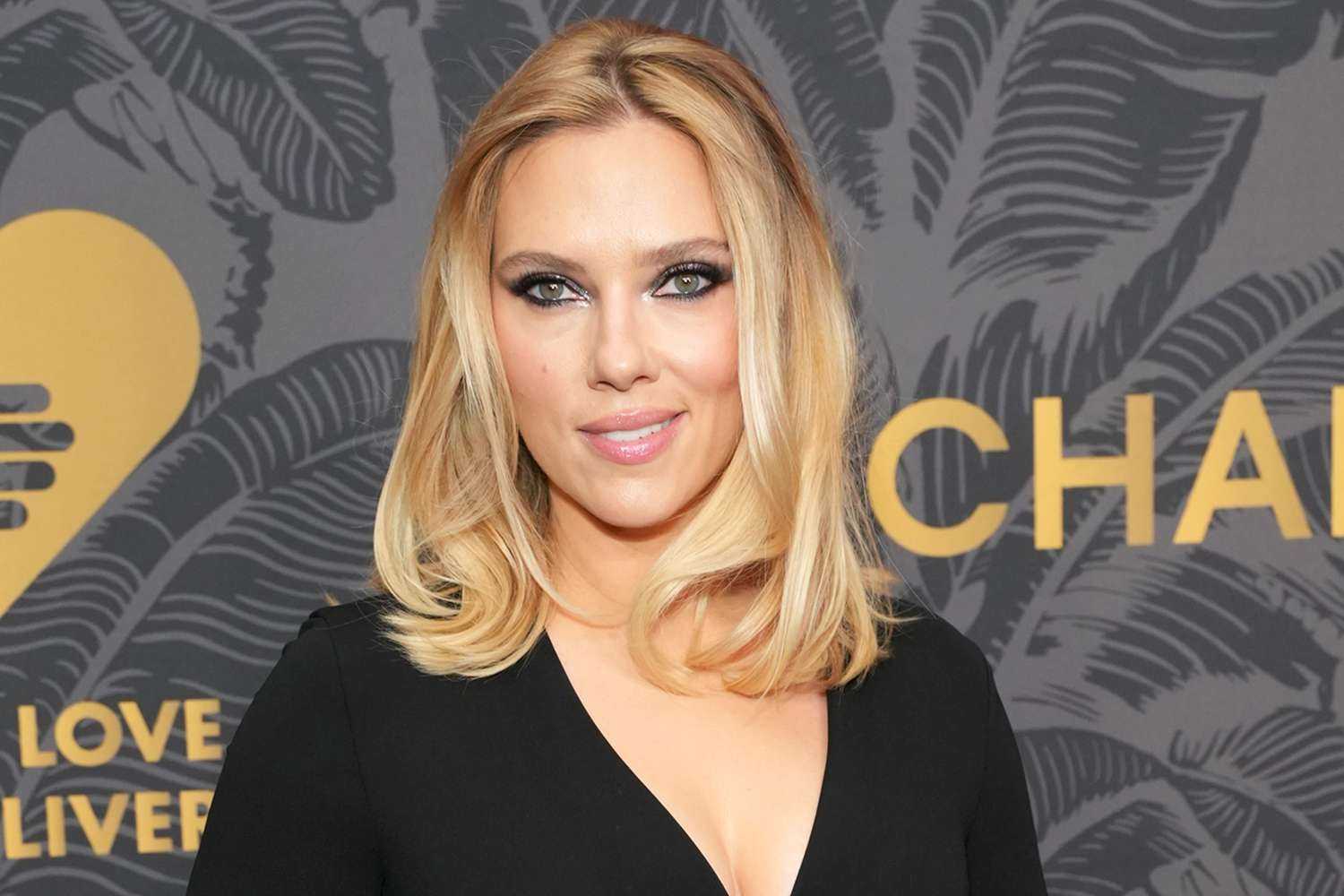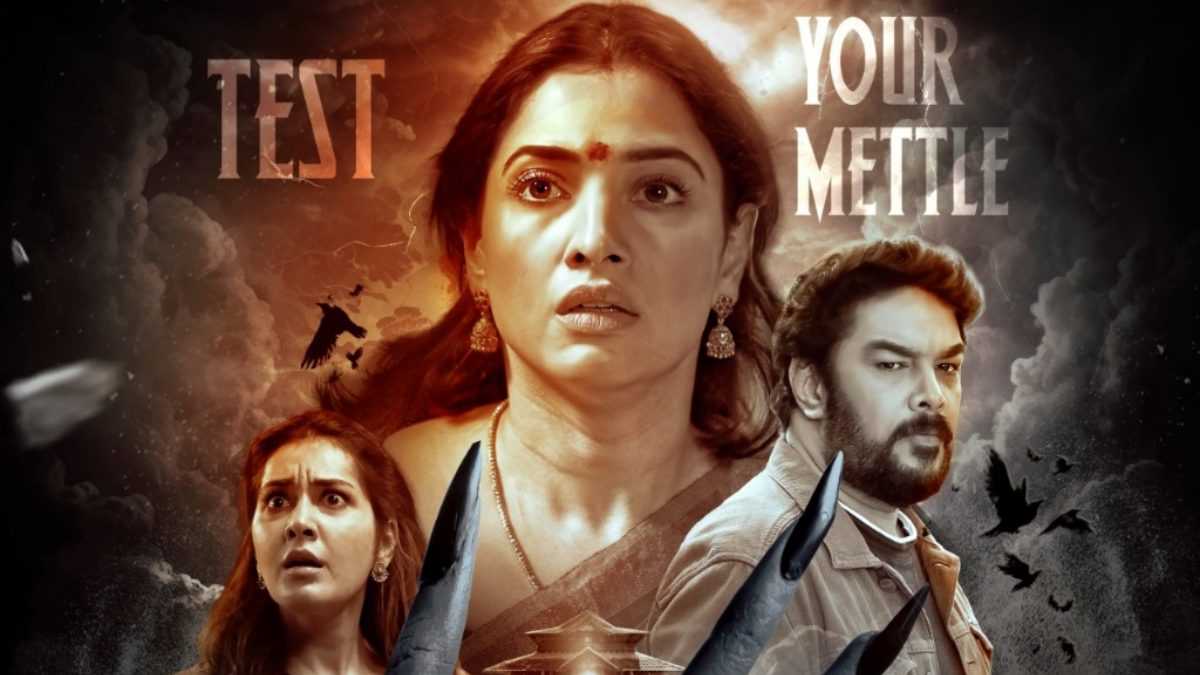Johansson's role merges superheroine with survivor: Black Widow's tale of triumph
Scarlett Johansson's Black Widow resonates with the #MeToo movement, weaving real women's trauma with superhero lore.

Scarlett Johansson (Source: People)
The formidable Scarlett Johansson, who has captivated audiences as the enigmatic and resilient Natasha Romanoff in Marvel Studios' cinematic universe, provided a narrative in Black Widow that resonated profoundly with the ethos of the #MeToo movement. Today, as we reflect on the impact of cinema on social movements, Johansson's portrayal of the superheroine seems as relevant as ever.
In 2017, as the #MeToo movement was sweeping across the globe, Scarlett Johansson and the creative minds behind Black Widow were crafting a story that would reflect a poignant reality. The film, released in the summer of 2021, became more than just another superhero flick; it was a canvas where Johansson's character battled not just on-screen villains but also the ghosts of real-world oppression.
Johansson herself described the parallels between Natasha Romanoff's challenges and the experiences of women who faced abuse from men in positions of power. "We had to comment on what is this incredible movement of women supporting other women," Johansson recounted. This intention brought a layer of authenticity and timeliness to the character's arc, ensuring that Black Widow's struggles were not just her own but echoed the voices of many.
The film followed Natasha on her mission to dismantle the oppressive network led by Dreykov, while also confronting her traumatic past—a narrative thread that mirrored the courage of women stepping forward to share their own harrowing stories in recent years.
Johansson elaborated on the bond between Natasha and her sister-figure in the movie, recognizing it as a mirror to the collective resilience being exhibited by women worldwide. "And then her sister, who’s this very self-possessed kind of firecracker liability in some ways, but person who is fiercely independent, basically forcing her to come to terms with that, forcing her to face it," she explained. The dynamic between the characters underscored the film's investment in showcasing the power of female agency and solidarity.
With Black Widow now part of the expansive tapestry of the Marvel Cinematic Universe and the cultural zeitgeist, it's crucial to acknowledge how art can not only entertain but also amplify essential conversations about social justice and equality. Scarlett Johansson, through her role, did not just portray a hero; she became a vessel for the stories of many women, channeling the zeitgeist of the #MeToo movement into the heart of superhero cinema.
As the film continues to stream and reach new audiences, the messages it carries about strength, confronting the past, and sisterhood remain deeply impactful. Scarlett Johansson's Black Widow stands as a testament to how superheroes on screen can inspire real-world heroism.
(Several parts of the text in this article, including the title, were generated with the help of an AI tool.)







